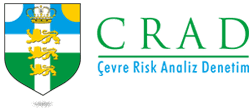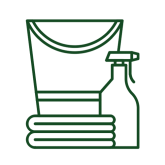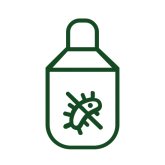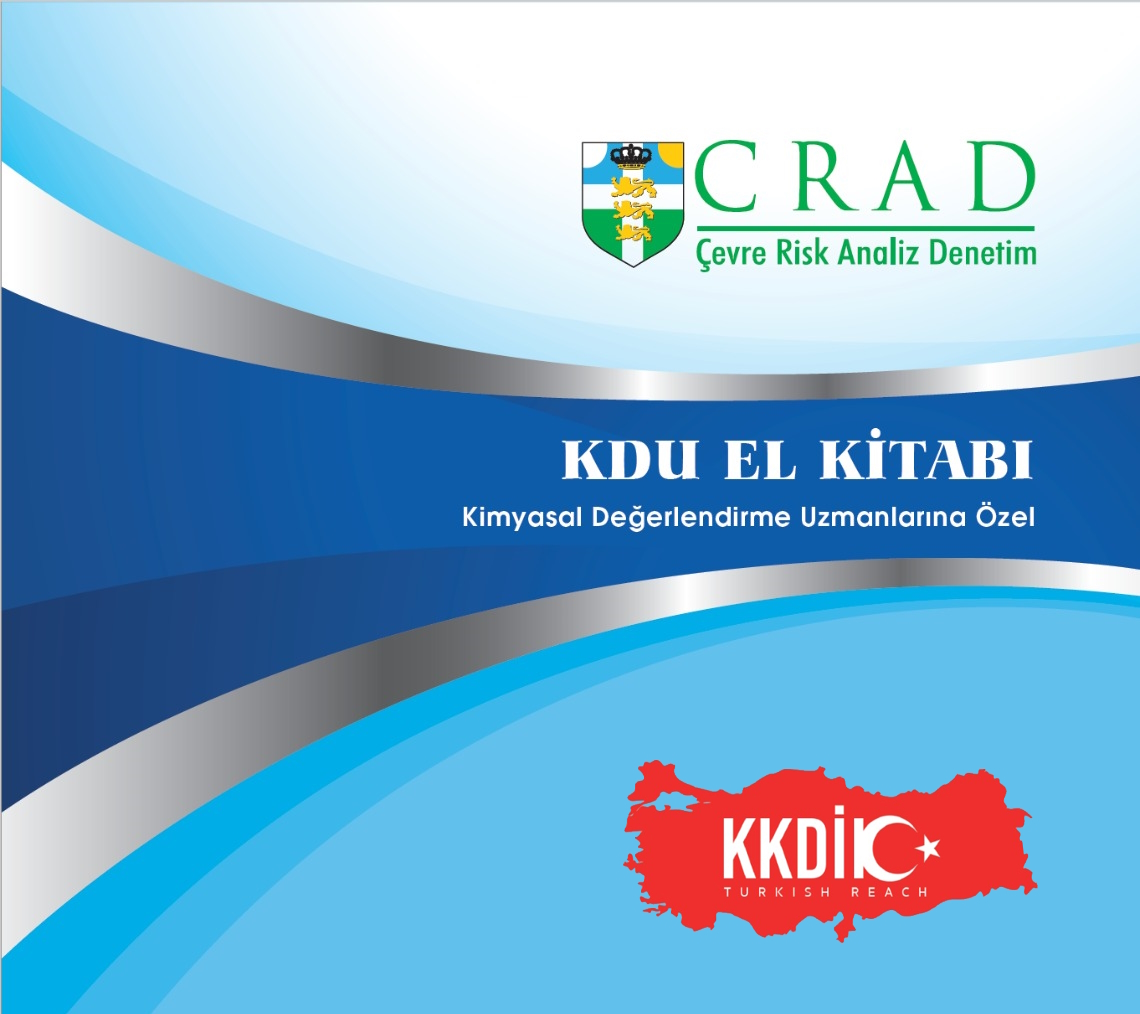PACKAGE LABELLING OF HAZARDOUS CHEMICALS
Turkchem Magazine- 2013 September-October
Sure That Labelling of Your Hazardous Chemical Products Are Correct?
It is an obligation and a legal requirement that the substances and preparations which are placed on the market have a label that informs to the users/consumers against their physicochemical risks and adverse effects on the human health and environment.
Manufacturers / suppliers of the chemical substances / authorization holders are obliged to provide a label which is prepared in accordance with the provisions of the current regulations and ensure the accuracy of the present label.
(*Regulation of T.C 27092, Chapter 3, Article 10).
Making an accurate risk classification is the first requirement for correct labeling. In order to determine the risk classification, experience as well as having full knowledge of many other related regulations are required. Moreover, the person who was certificated from an accredited organization, must perform this study. When determining the classification this certified person must have full of knowledge of calculation methods, annexes of the related regulations, exceptional circumtances, and the privileges of the shape of the product or its packaging.
In case of not an exceptional state for the classification and determining of the classification according to the method of calculation, the following steps should be performed for the label of a mixture;
* The risk phrases of the substances, safety phrases and proper hazard marking (s) in accordance with T.C. 27092 regulation and its annexes must be determined.
*The reasonable size of the label must be determined in compliance with the size of the package.
* The size of the hazard symbol (s) of the substances must be indicated in compliance with the size of the label.
*THE LABEL LANGUAGE MUST BE in TURKISH in the Turkish market.
The label of dangerous substances and preparations must be prepared in the official language(s) of the exportation country.
(*Regulation of T.C 27092, Chapter 6, article 32).
SAMPLE LABEL: Generally for all type of chemicals, basic label information includes these steps. This example is given for a mixture that used in industry and some factors such as product quality, formula, form, usage area, package type etc. can change information parts.
In addition to the labelling which indicates hazard notification, it can be required that "Transport Classification" information and hazard symbol(s) are also specified on the label.
1) If the product is not included in limited quantities and it is transported without outer package, UN number must be specified on the each label. For the example above mentioned, “UN1719 CAUSTIC ALKALI LIQUID, N.O.S.” can be used.
Also, the following symbols must be specified on the package.

2) If the product is not included in limited quantities and it is transported with outer packaging, UN number must be specified on the each inner label. Hazard symbols for the outer package that are mentioned above must be added with the sizes specified in the legislation. Also, orientation arrows must be used.
3) If the product is included in limited quantities, applicable symbol (s) from the followings must be preferred.

4) Information of company and net weight of the product must be also specified on the label.
5) Medium sized containers with more than 450 liters capacity and large packages must be labelled on two opposite sides.
It must be required to indicate that packages have UN packaging code according to the European Agreement related to the UN Dangerous Goods International Road Transport. Some information such as packaging material, packaging group, gross weight, country, company information etc. are reached by this coding system. For instance;
1 A 2 / Y 51 / S / D / 91 / 456 N
Correct labels which are prepared in accordance with the provisions of the regulation of hazardous chemicals that are placed on the market, not only provide that your company to avoid financial fines but also, correct labels show the importance given to people who handle the product and to the environment and these labels raise the image of company.
Note: The information specified in the article about labelling is general labeling provisions which are specified in related regulations and guidance descriptions by the complier of the article and this information cannot be adopted to your products, exactly. The most accurate labelling for product can be performed through reviews and determinations which are made by the relevant specialist.
REFERENCES:
• *26 December 2008 dated, 27092 numbered (bis), The Regulation on the Classification, Packaging and Labelling of the Dangerous Substances and Preparations.
• European Agreement Concerning the International Carriage of Dangerous Goods by Road.
Bülent ÖZDEMİR
Biologist - Chemical Regulatory Consultant

















